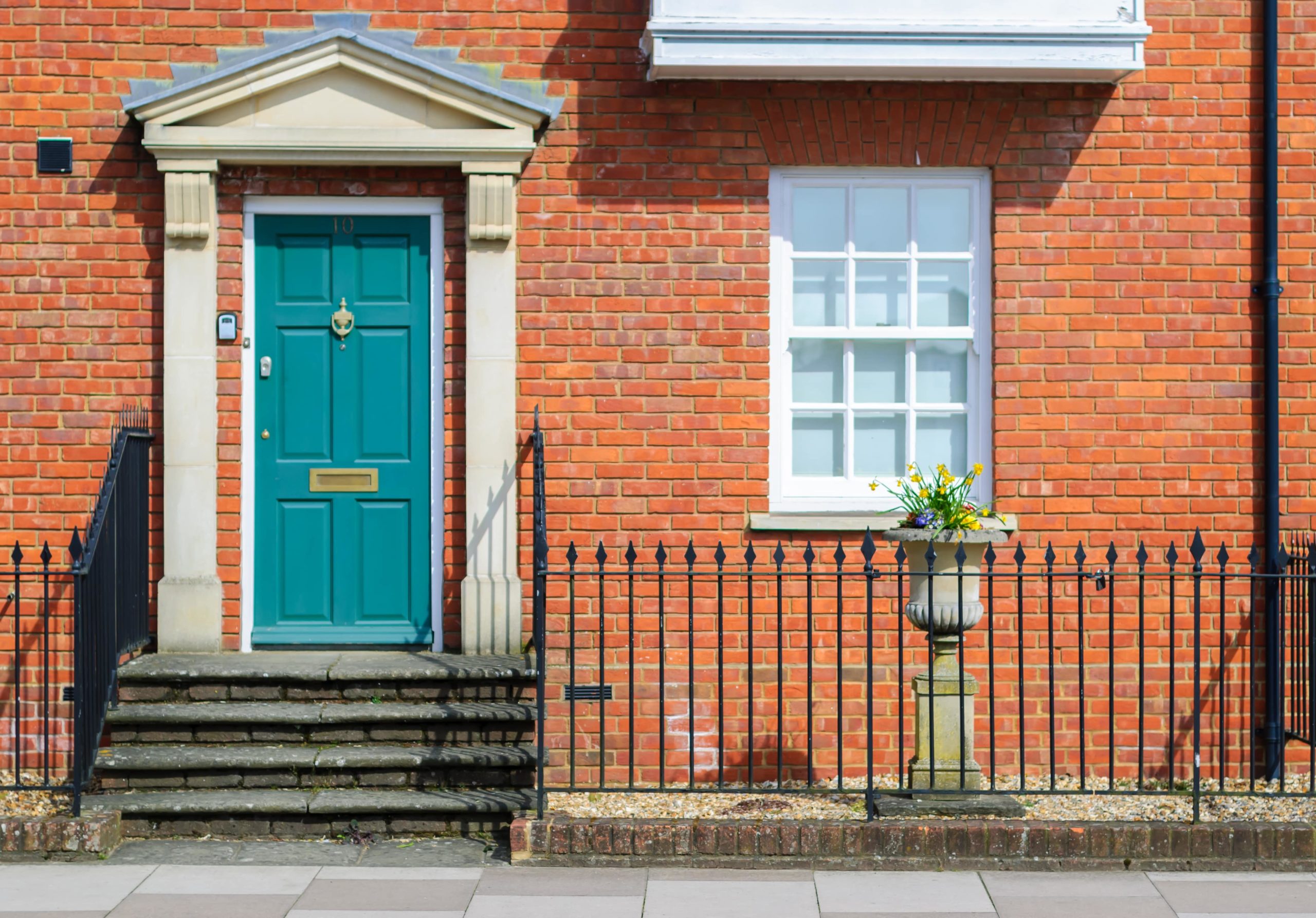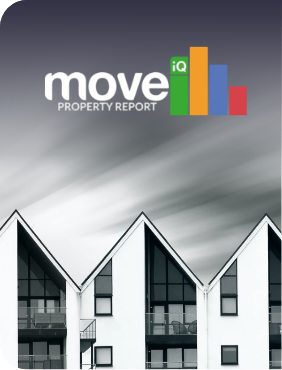
What Do I Need to Get a Mortgage?
It’s a good idea to get yourself prepared if you’ll be applying for a mortgage soon. From a decent deposit and good credit score to the right documentation, planning ahead for your mortgage application can increase your chances of being offered a home loan. So, what do I need to get a mortgage? Let’s take a look.
Your home may be repossessed if you do not keep up repayments on your mortgage.
What criteria do you need to meet to get a mortgage?
- A good credit report
- A decent deposit
- Deposit origin evidence
- Identity documents
- Paperwork and documents
- Your solicitor’s details
A good credit report
While you can get a mortgage with bad credit, it will likely be harder when you apply for a mortgage. Lenders will look at your credit history, so you should check it first. Your credit report shows how you’ve handled debts and bill payments in the past. Your payment history, including late or missed payments will show on your credit record for six years. If you have any defaults or County Court Judgements (CCJs) these will remain until settled.
You can check your credit score for free – and ask for any mistakes to be corrected. Tip: remember to allow time for any changes to show on your report, they are not instantly updated.
Being on the electoral roll at your current address will boost your credit report. If you’ve not borrowed money or had a credit agreement in your name before, getting a credit card or paying monthly for a mobile phone can also help. Ensure you pay all bills on time!
A decent deposit
What size deposit will you need to buy? You’ll need a deposit equivalent to minimum 5% of the purchase price to get a mortgage. But, the bigger the deposit you can put down, the cheaper the mortgage rates you’ll likely have access too. This is because one of the factors lenders use to price mortgages is the loan-to-value (LTV) ratio. The LTV is the proportion of the property’s value you are borrowing as a mortgage.
For example, if you save a £10,000 deposit to buy a £100,000 property, £10,000 is 10% of £100,000, so your LTV would be 90%. Each product comes with a ‘maximum LTV’ which sets out the LTV requirements. This figure is normally between 60% and 95%. The higher your deposit relative to the property price, the lower your LTV will be, and the cheaper the mortgage you’ll be offered.
But, most lenders will use an income multiple of 4 times your salary, although this can be higher, for example, 5-6 times.
Deposit origin evidence
The mortgage lender will also want to see where your deposit has come from. If you’ve saved the money yourself it will ask for a statement from your bank or savings account.
Gifted deposits typically require a letter from the person giving you the money confirming the money is a gift, and not a loan or investment in the property.
Identity documents
When you apply for a mortgage, you’ll need to be able to prove you are who you say you are. The lender will ask to see identification, such as your:
- Passport
- Driving license
- Council tax statement
- Utility bills
If you don’t have a passport, it takes about 10 weeks to get one. Getting a driving license is quicker – it should arrive within two weeks of applying online.
Paperwork and documents
When you apply for a mortgage, there are many documents required to buy a house. The lender will carry out an affordability assessment to check you can afford your payments. To do this, it will need to see certain documents to prove your income and outgoings. What you need varies from lender to lender, but the required documents normally include:
- Bank statements from the past three to six months
- Payslips from the past three to six months (if you’re employed)
- Your most recent P60 (if you’re employed)
- Signed accounts from the past two or three years (if you’re self-employed)
- Your SA302 form from HMRC for the past two or three years (if you’re self-employed)
The following documents might also be required in some circumstances:
- Evidence of additional income such as bonuses, commission or overtime
- Evidence of non-earned income such as child maintenance or tax credits
- Proof that you have the right to live in the UK
If you are applying jointly with someone else, you will both need to provide all the documentation the lender asks for.
Your home may be repossessed if you do not keep up repayments on your mortgage.
Your solicitor’s details
You should start researching conveyancing solicitors at about the same time you are preparing for a mortgage. That way, if you have an offer accepted on a property, you can instruct your conveyancer straight away.
If you’re still looking for the right person, we can connect you – for free. The right solicitor is key to ensuring your property purchase is as smooth as possible. Get a conveyancing quote below.
What income do I need to get a mortgage?
This depends on the type on property you’re looking to buy, how much it is, and its location. Most lenders will use an income multiple of 4 times your salary although this can be higher, for example 5-6 times.
Need a mortgage adviser?
We can connect you with advisers, they offer fee-free advice for most customers and have access to over 12,000 deals from 90 lenders! Get a mortgage quote for free below.
Your home may be repossessed if you do not keep up repayments on your mortgage.
Last Updated: November 1st, 2024









